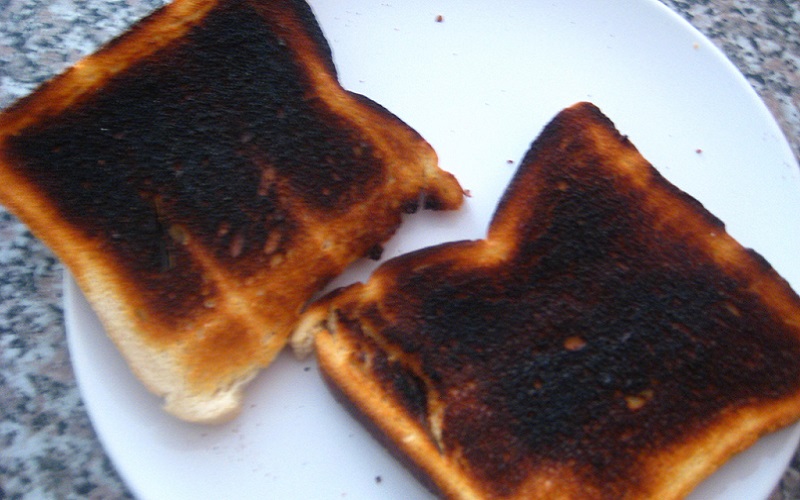EU to introduce legislation on acrylamide reduction

Legislation introduced next April will require bakers to manage levels of acrylamide in produce.
Acrylamide is a chemical created when foods, particularly starch-heavy ones like bread and potatoes, are cooked for long periods at high temperatures. The chemical is prone to appearing when bread is fried, grilled, toasted or baked.
Tests have shown a correlation between the presence of acrylamide in the diet of animals and the appearance of cancers. Although evidence from human studies has so far remained inconclusive, the consensus is that it has the potential to cause cancer in people.
That is why the Commission Regulation are introducing legislation, mitigation measures and benchmark levels aimed at reducing acrylamide in food. The legislation will apply to all food business operators handling bread, biscuits, rusks, cereal bars, scones, wafers, crumpets, gingerbread, crackers, crispbreads and bread substitutes.
Bakers will be expected to heighten their awareness of acrylamide as a food safety hazard, and possess a general awareness of how the chemical is formed in the food they produce. They may also be expected to undertake analysis and sampling to monitor the levels of acrylamide in their food.
The UK Food Standards Agency (FSA) said the measures were proportionate to the nature and size of the business, and will ensure smaller businesses are not overburdened by new regulations.
Current EU guidelines state bread must be baked to a lighter colour in order to reduce the formation of acrylamide. They also suggest extending yeast fermentation time, as well as replacing fructose with glucose in the baking process. The FSA state these measures ensure better safety for both customers and sellers.
Featured image credit: Sheep Purple Flickr







